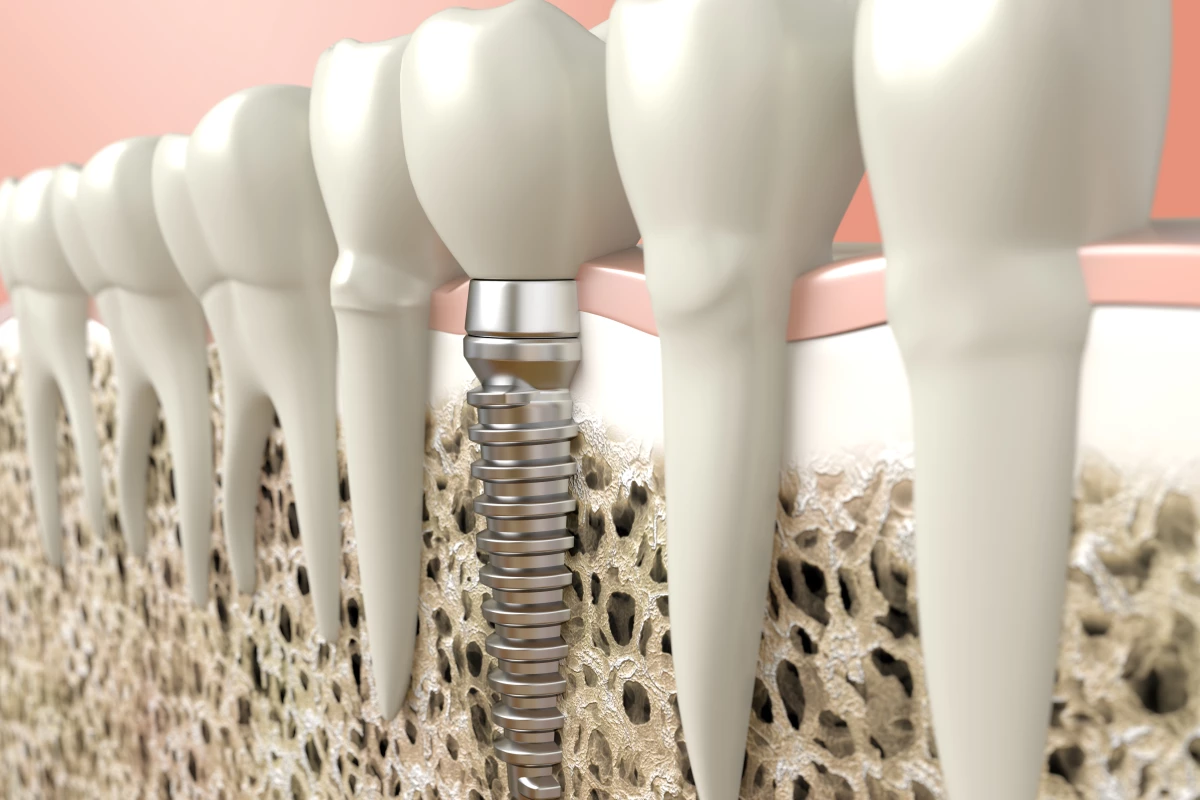Although titanium implants may be strong, light and corrosion-resistant, their surfaces are subject to colonization by harmful microbes. Infections of the surrounding tissue can result, requiring removal of the implant. Now, however, research suggests that electrifying the titanium may provide a solution to the problem.
Led by Dr. Tagbo Niepa, scientists at the University of Pittsburgh’s Swanson School of Engineering performed a series of experiments in which titanium electrodes were used to apply a weak electrical current to Candida albicans – these particular microbes are frequently responsible for dental implant-based fungal infections.
It was found that by damaging the protective outer membrane that surrounds each microbe, the current made them more susceptible to the effects of a medication known as fluconazole. As a result, almost all of the microbes were eradicated when the drug was used in conjunction with the electricity, while biological tissue was left unharmed.
The researchers therefore now hope that by applying a mild electrical current to metal implants that are already in patients' bodies, relatively small amounts of medication would be effective against microbes that had previously developed a resistance. That said, how might that current actually be delivered?
"There are multiple avenues to reach the metal implant, such as introducing a needle to create a connection and run the ECT [electrochemical therapy]," Niepa tells us. "We have other applications that are topical as well, and that do not require a surgery. This is our next step: making a non-invasive medical device that will reduce infection in vivo."
A paper on the study was recently published in the journal ACS Applied Materials and Interfaces.
Source: University of Pittsburgh
UPDATE (Oct. 25/19): This article originally stated that the ECT was being used specifically to kill bacteria, but has since been amended. That said, Niepa tells us that the technology should indeed be effective for use against antibiotic-resistant bacteria.




